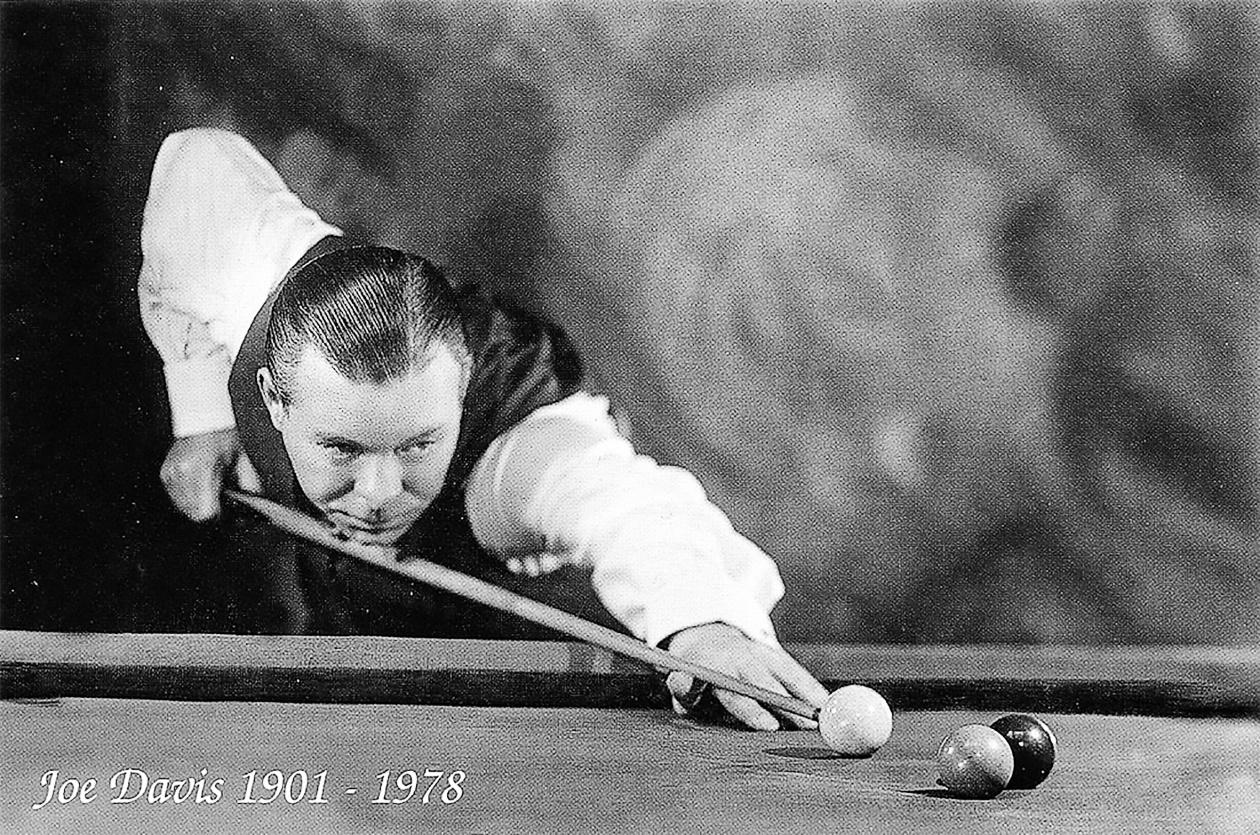Position’╝�Home > international > Content
Shi Hai looks back: the birth and development of snooker
Date’╝�2025-03-14 19:07Editer’╝ÜadminRead’╝�’╝�

Recently, the 2025 Snooker World Grand Prix was grandly held in Hong Kong, China. This tournament not only broke the record for the number of spectators on the World Snooker Tour, but also set new records for the total prize money and championship prize money. Snooker originated from British military camps in India and was once one of the popular "gentleman's sports" in Britain and Commonwealth countries. During this period, due to factors such as war and lack of sponsorship, it experienced setbacks, and some people pessimistically predicted that this sport would come to an end. However, rising stars from the East revived it in Asia.
According to data from Sky News History Channel in the UK, billiards games were extremely popular in the 19th century. As a multiplayer activity that can be carried out indoors, it is deeply loved by British soldiers and has become their first choice for leisure and entertainment. Due to its recreational nature, the rules for playing billiards in the British military are not uniform, and the gameplay is diverse and flexible. In 1875, British Army officer Neville Chamberlain (not former British Prime Minister Neville Chamberlain) stationed in Jabalpur, India, had a sudden idea: could multiple gameplay be integrated to make the game more challenging? So, while organizing games in the officer canteen, he added several colored balls to the original table of 15 red balls and 1 black ball, which became the prototype of "snooker". After continuous improvement, this game developed a complete set of rules several years later.
The origin of the name 'snooker' is quite interesting. The term was originally used to describe the "newbie balls" in the British Army. When Wilt Chamberlain first introduced this billiards game, many participants were not accustomed to it and had poor playing skills, so he joked that others were "snooker". Surprisingly, this unintentional joke later became the official name of this sport.
In 1885, the then English billiards champion John Robert went to India to learn about the playing style of snooker and brought this innovation back to England. Since then, snooker has become popular in the UK.
At the beginning of the 20th century, Britain held various snooker events one after another. In 1927, the first "Snooker Professional Championship" (later known as the World Snooker Championship) was held, and British player Joe Davis won the championship and held the top spot for 15 consecutive years, bringing high popularity to the sport. In the 1930s, snooker had surpassed billiards to become the most popular billiards sport in the UK. In the 1980s, the enthusiasm of the British public for this sport reached an unprecedented level: a "black ball final" in 1985 attracted about one-third of the British population to watch at that time. Since the birth of snooker 150 years ago, it has experienced at least two major ups and downs. Affected by World War II, snooker fell into obscurity in the 1950s. At the end of the 20th century and the beginning of the 21st century, snooker also suffered many setbacks, especially the loss of sponsors. As a 'gentleman's sport', snooker had previously heavily relied on sponsorship from tobacco companies, but later the UK issued a 'tobacco ban' that completely banned tobacco products from being advertised and promoted on public platforms such as television. The withdrawal of tobacco companies has caused snooker tournaments to lose an important source of income. Not only that, platforms such as the British Broadcasting Corporation have also significantly reduced the broadcast time of snooker events programs.
Compared to general indoor billiards games, snooker has complex rules, expensive equipment, and certain requirements for the venue, making it difficult to promote as a national sport. If it's just for leisure and relaxation, people may be more inclined to choose traditional billiards with simple rules and no need to expend too much energy. In 2009, snooker legend O'Sullivan expressed frustration that the sport had "deteriorated" and admitted that playing snooker was "really boring". The mainstream media in the UK has also begun to express pessimism about this sport, with The Guardian even asserting that snooker "cannot survive until 2020".
However, surprisingly, while snooker has gradually declined in the UK, it has regained vitality in China in recent years. Time magazine in the United States stated that the resurgence of snooker is closely related to the emergence of Chinese genius Ding Junhui. In 2005, at the age of only 18, Ding Junhui unexpectedly defeated the snooker "seven time champion" Stephen Hendry, which was like a "shot in the arm" and greatly promoted the development of snooker in China. Ding Junhui himself became an idol for countless teenagers. As of 2016, the number of snooker enthusiasts in China has far exceeded that of other countries in the world.